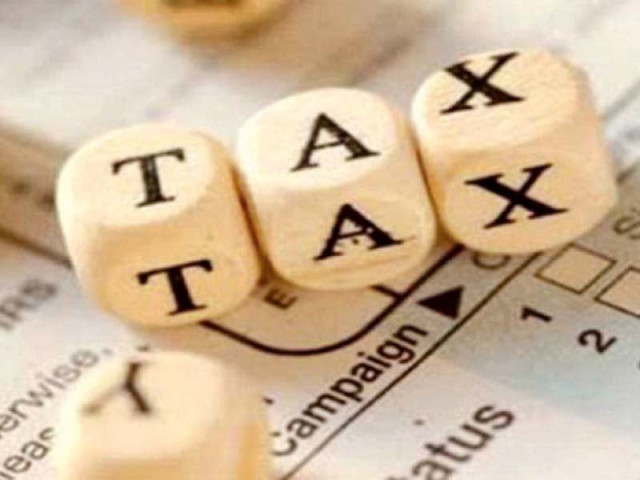Govt not to restore zero-rated sales tax regime
Dawood says Pakistan and Afghanistan have agreed to bilateral FTA

The government has no intention to restore zero-rated sales tax regime for five sectors in the next year’s budget, Adviser to Prime Minister on Trade and Commerce Razak Dawood said on Friday.
Talking to the media persons after the launch of the Coca-Cola Beverages Pakistan Limited (CCI Pakistan) research report on socio-economic impact, Dawood said that Pakistan and Afghanistan had arrived at a free-trade agreement (FTA).
Dawood was the chief guest at the event, which was also attended by Turkish Ambassador to Pakistan Ihsan Mustafa Yurdakul and officials from ministries of Commerce and Industries, Board of Investment, Lahore University of Management Sciences (LUMS), WWF Pakistan and the CCI Pakistan.
The adviser told reporters that the transit trade agreement between Pakistan and Afghanistan had been extended for three months from Friday, following its expiry on Thursday. “The extension was agreed upon by Pakistani and Afghan officials,” he added.
Replying to a question, Dawood said that an FTA had also been agreed between Pakistan and Afghanistan, adding that the FTA would give Pakistani products access to the markets in the Central Asian countries.
When asked about the new FTA between Pakistan and China, he said that the agreement could not be implemented because of the Covid-19 pandemic. “It will take a year to implement the FTA with China,” he added.
The adviser expressed his optimism that the country’s exports would increase during the current financial year. However, he stopped short of giving any figures. “How much it [increase in exports] will be is not yet known,” he replied to another question.
About the textile policy, he said that delay in the announcement had been cause by a lack of mechanism. However, he hoped the mechanism would be worked out after approval of textile policy.
He said that the proposal to reinstate zero-rated sales tax regime for five sectors was not under consideration in the budget for the next financial year.
Earlier, addressing the event, the adviser said that the country’s economic indicators were improving. He lauded the research report on socio-economic impact, which is prepared by Prof Kashif Malik of LUMS.
This study provides a detailed overview of the CCI Pakistan’s services to the country over the years. Highlights of the study reveal that the brand’s value chain accounted for 1.95% of gross domestic product (GDP).
The report says that every Rs1 million spent by the CCI Pakistan, generated Rs1.74 million in the national economy. It adds that the company paid an annual tax of Rs 30 billion, while at the same time, the brand’s suppliers and vendors paid an additional Rs210,000 for every Rs1 million paid in taxes.
According to the report, the CCI Pakistan emphasises the importance of ample employment opportunities. It provided direct employment to 2,500 people and indirect employment to more than 10,000 at the local level.
Under its core business social responsibility project ‘Pani’, the CCI Pakistan benefits millions of people daily through 28 water filtration plants across the country. The empowerment of women in the name of ‘Tabeer’ is also having a profound effect on the society.



















COMMENTS
Comments are moderated and generally will be posted if they are on-topic and not abusive.
For more information, please see our Comments FAQ